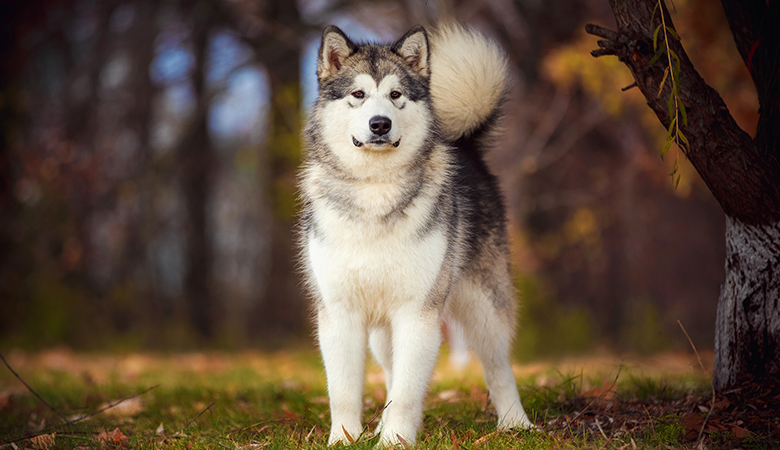When is a dog considered fully grown?
Written by Noa |
When you bring a puppy into your home, it grows rapidly. Before you know it, your playful pup has turned into an energetic young dog. But when is your dog truly an adult? The answer isn't the same for every dog. Your dog’s size, breed, and development all play a major role. In this blog, we’ll explore what it means to have an adult dog and what to look out for during the transition from puppy to adult.

What does it mean for a dog to be an adult?
A dog is considered an adult when it is fully developed both physically and mentally.
Physically: your dog has stopped growing, reached its adult weight, and is strong enough.
Mentally: your dog is calmer, listens better, and shows less puppy behaviour like chewing everything or constant hyperactivity.
For dogs, this happens in stages: they usually reach physical maturity before mental maturity. Just like humans, they first grow in height and width before truly displaying adult behaviour.
Physical maturity
Dogs reach physical maturity (full body size) when their growth is complete. This happens at different ages depending on the breed and size.
-
Small dog breeds: often physically mature around 10 to 12 months of age.
-
Medium dog breeds: reach full size between 12 and 15 months.
-
Large dog breeds: take a bit longer, usually around 18 months.
-
Very large dog breeds: these giant breeds are fully grown between 18 and 24 months.
You can recognise physical maturity by a stable body structure, well-developed muscles, and a fully formed skeleton. This is often also when your dog becomes less easily tired and has more stamina during walks and play.
Mental maturity
Besides physical growth, there’s also mental maturity. This relates to your dog’s behaviour. When your dog is mentally mature, you’ll notice they become calmer and more focused. This can take longer than physical maturity.
-
Small and medium dog breeds: often mentally mature between 12 and 18 months.
-
Large and very large dog breeds: these dogs often stay playful longer and don’t reach mental maturity until between 2 and 3 years of age.
During this time, you may notice your dog is still playful and boisterous, but as they mature mentally, they’ll become calmer and more focused. It’s important to remain consistent with training and socialisation during this phase.



